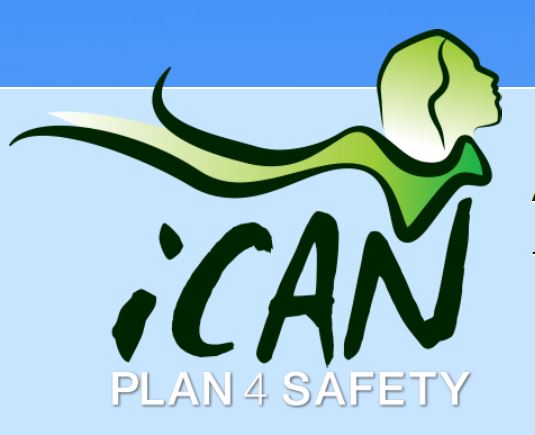I Can Plan 4 Safety
New Online Support Tool for Victims of Partner Violence
Nursing researcher Dr Colleen Varcoe and her team are testing a new, online support tool for Canadian women affected by partner violence.
When you’re at the receiving end of partner abuse, it can be tough knowing exactly what to do or how to turn the situation around.
A new online tool for women, co-developed by UBC researcher and professor Colleen Varcoe of the School of Nursing, hopes to change that.
When a woman visits the iCan Plan 4 Safety website, a trained researcher will help her get started on a process of assessing her risk, understanding the resources available to her, and creating a plan of action.
It’s ultimately the woman’s decision whether she wants to leave an abusive situation.
“There are women who, because they feel a commitment to the relationship, or because there’s children involved, are not ready or don’t want to leave the relationship,” says Varcoe. “But whether or not they decide to leave, this tool will provide them a personalized strategy based on their unique situation and preferences, plus a list of resources and a clear idea of what they’ll need to do.”
The process starts with a simple phone call from the woman and unfolds over four online sessions over the course of a year.
iCan Plan 4 Safety is the centrepiece of a study by UBC, the University of New Brunswick and Western University. Varcoe and her co-researchers are testing the resource’s usefulness for women unable or unwilling to use community-based services such as hotlines or battered women’s shelters.
“If women find the tool useful, then we’ll be looking at making it more permanent and following up with the women after the study,” says Varcoe.
The researchers are looking to enlist about 450 women and are seeking more volunteers. Women in domestic abuse situations from BC, New Brunswick and Ontario can participate by calling the confidential, toll free line 1-844-264-4226 (iCAN), provided they are at least 19 years of age with access to a safe computer and the Internet.
“Less than 17 per cent of women who are in abusive relationships actually access support services like battered women’s shelters. What we are trying to do is build up a strategy for women to come out to safety,” says Varcoe.
Submitted by Colleen Varcoe
